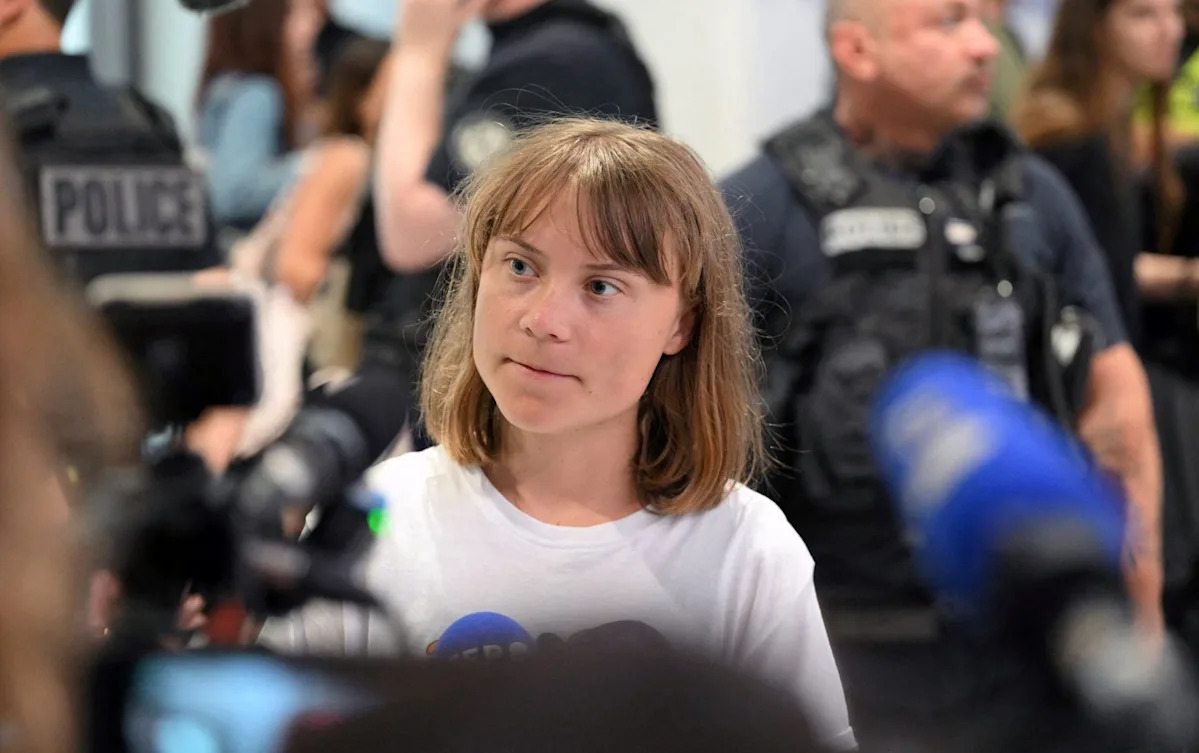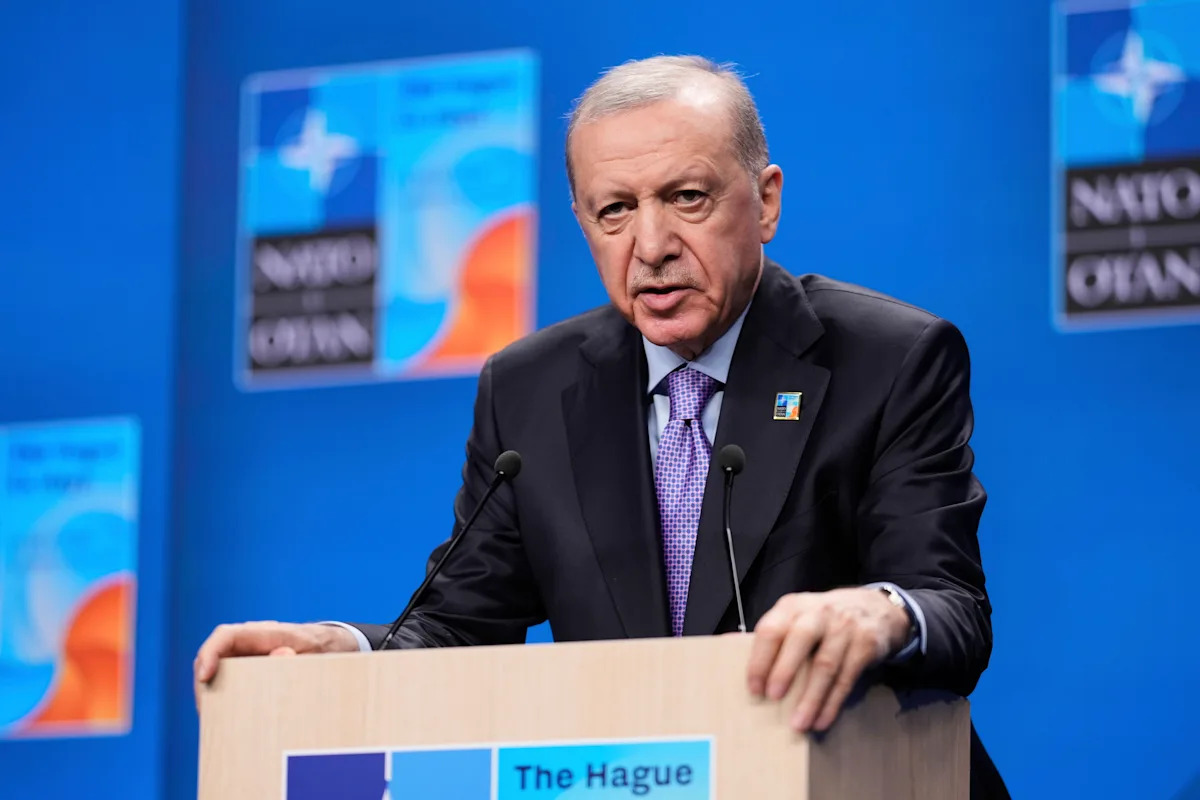By Elena Fabrichnaya
ST PETERSBURG, Russia (Reuters) -Every 1% cut in central bank interest rates gives Russia’s VTB Bank an extra 20 billion roubles ($250 million) in net profit, CFO Dmitry Pyanov told Reuters, which benefits the government as the state-owned lender plans to distribute 50% of its profits via dividends – half of it to the state.
Russia’s benchmark interest rate remains extremely high at 20%, discouraging borrowers and hurting banks’ loan books. While the central bank cut the rate last month from a more than 20-year-high of 21%, pressure is growing on it to bring rates down faster, with government officials and business leaders fretting over the risks of a recession.
Among Russian banks VTB has the highest proportion of loans on floating rates, so high official rates raise the risk it faces of more defaults or debt restructuring moves, which in turn can push up its capital requirements, while lower rates stand to benefit the bank’s bottom line.
“VTB Bank is a main beneficiary of the key rate cut,” Pyanov told Reuters on Thursday at a financial forum in St Petersburg. “We suffer most of all during a period of its increase and will realise positive interest rate risk when the rate decreases.”
“A one percentage point rate cut gives us 20 billion roubles of net profit.”
President Vladimir Putin in June ordered that VTB’s dividend payments be used to finance United Shipbuilding Corporation, which has been under VTB’s management since 2023, and has state contracts in the defence sector. The state owns more than 60% of VTB.
High interest rates have indeed stalled investment and encouraged companies and consumers to hold money on deposit. Corporate and consumer lending is slowing and the central bank has noted a deterioration in credit quality, although it says the situation is not yet critical.
A survey of participants at a financial congress in St Petersburg this week pinpointed the key risk factors as corporate credit concerns and interest rate risks for banks.
Pyanov said he did not expect a banking crisis and saw no banks in need of a bailout.
DIVIDENDS PLAY KEY ROLE
Dividends from state companies are a major source of revenues for Russia’s budget, which is operating at a deficit of 1.5% of GDP as Moscow diverts vast sums to the defence sector for its conflict in Ukraine and grapples with reduced energy revenues from lower oil prices this year and a strong rouble.
Shareholders of top lender Sberbank approved a $10 billion dividend payout this week.


